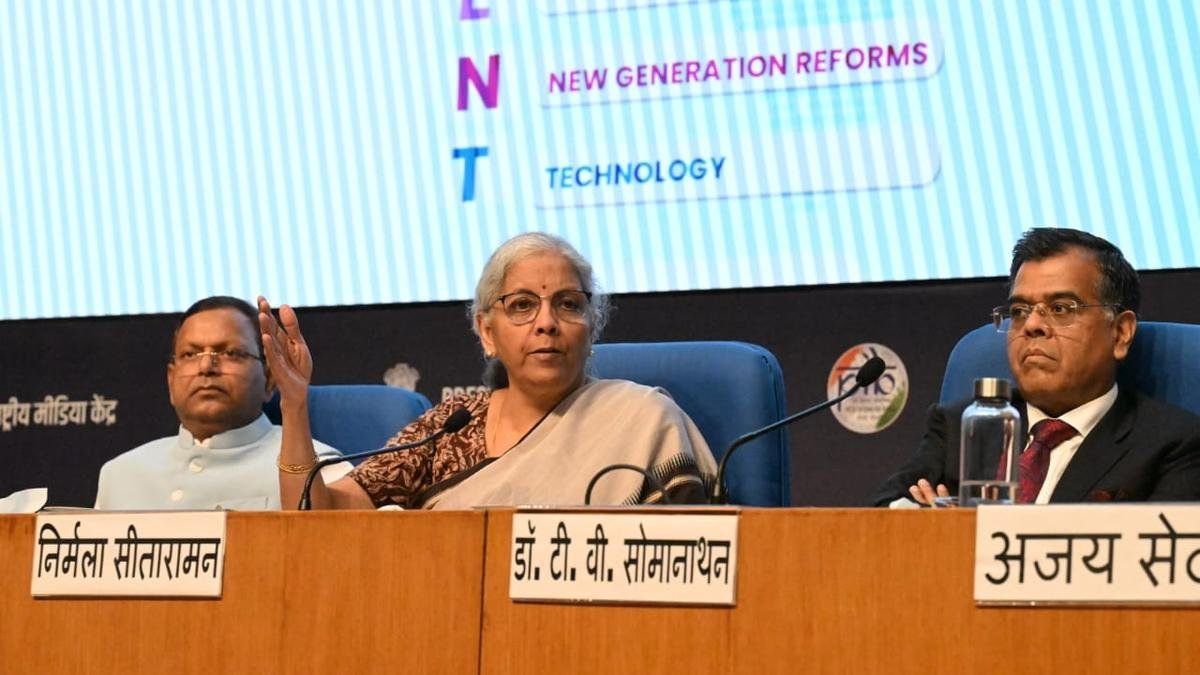Introduction
In the dynamic world of finance, the Sensex and Nifty indices are crucial indicators of the Indian stock market’s health. These indices, representing the Bombay Stock Exchange (BSE) and National Stock Exchange (NSE) respectively, often react sharply to significant economic events, such as the annual budget announcements. Budget 2024 has been no exception, with notable fluctuations observed in these indices. This blog post aims to demystify the impact of Budget 2024 on Sensex and Nifty, providing insights that cater to all age groups, from novice investors to seasoned traders.
1. Key Announcements in Budget 2024
Budget 2024, presented by Finance Minister Nirmala Sitharaman, introduced several changes that have significant implications for the stock market. Key announcements included:
- Hike in Securities Transaction Tax (STT): The budget proposed an increase in STT on futures and options (F&O) trades, which directly impacts traders and investors dealing in derivatives.
- Changes in Capital Gains Tax: Both short-term and long-term capital gains taxes were revised, affecting the profitability of stock investments.
- Increased Focus on Infrastructure and Healthcare: While these sectors received a boost, leading to a positive response from related stocks, other sectors faced varied impacts.
2. Immediate Market Reaction
Following the budget announcement, Sensex and Nifty experienced a significant decline. The Sensex dropped by 1,200 points, and the Nifty fell by 1.77%. This immediate reaction can be attributed to:
- Market Sentiment: The hike in STT and changes in capital gains tax created uncertainty and concern among investors, leading to a sell-off.
- Sector-Specific Impacts: Sectors directly benefiting from budget allocations saw positive movements, while others faced declines due to anticipated increased costs and lower returns.
3. Long-Term Implications
While the immediate reaction was negative, long-term implications of the budget could be more nuanced:
- Growth in Infrastructure and Healthcare: With increased budget allocations, these sectors are expected to see substantial growth, potentially leading to higher stock valuations over time.
- Investor Strategies: Investors may adjust their strategies to account for higher transaction costs and tax implications, possibly leading to more selective and long-term investments.
4. Examples and Anecdotes
Consider an investor, Raj, who primarily trades in F&O. The increased STT means Raj’s transaction costs have risen, prompting him to reassess his trading volume and frequency. On the other hand, Priya, an investor with a diversified portfolio including infrastructure stocks, benefits from the budget’s focus on infrastructure, potentially leading to higher returns on her investments.
Conclusion
The impact of Budget 2024 on Sensex and Nifty highlights the complex interplay between government policies and market reactions. While the immediate response was a downturn, strategic long-term investments, particularly in sectors like infrastructure and healthcare, may yield positive returns.



